questions-cisos-should-ask
Questions CISOs Should Ask to Assess SOC Maturity
1. Do we understand our current SOC workload and constraints?
First, ask yourself: What’s our daily alert volume? What’s the average time spent per alert? What’s our team’s capacity, and how does that compare to our alert backlog? AI can offer tremendous efficiency gains by offloading repetitive tasks, enriching alerts, and enabling faster triage and response. If your SOC is already data-driven and tracks operational metrics, AI can help improve performance and reduce workload. If not, AI can help your team achieve that level of SOC maturity so you can better understand where your team spends its time and effort.

2. How mature is our current use of automation?
Are we fully automated or not automated at all? That is the question.💡
Seriously, though, you need to know whether responses are still manual or if the team is leveraging scripts, playbooks, and automated workflows. If automation is already part of your SOC’s DNA, AI can level up your SOC maturity by handling more complex decision trees or adapting to threat patterns.
For teams with minimal automation, AI can jumpstart your efficiency gains. Instead of spending time engineering complicated playbooks from scratch, your team can leverage the out-of-the-box workflows that come with AI SOC solutions. In either case, AI holds the potential to save your security team considerable time.
4. How quickly can we typically respond to a threat?
If your team already responds within minutes or hours, AI can further accelerate triage and response. If your responses lag, AI can help close gaps by detecting anomalies faster and automating response and remediation steps. You’ll reap the benefits by addressing process inefficiencies and boosting the team with AI deployments.
5. How mature and defined are our incident response workflows and playbooks?
Are your incident response processes improvised or documented, or somewhere in between?
If playbooks are already documented and routinely used, AI can execute or enhance them autonomously. If your team currently relies on ad-hoc processes, AI can help. These solutions often come already trained on best practice workflows out of the box, which can help the team move from initiating off-the-cuff actions to executing prepared, deliberate, and intentional responses.
6. Do we have 24/7 staffing or coverage?
AI adds value to fully staffed SOCs (do those even exist? 😅) by reducing fatigue and increasing speed. For under-resourced teams (which, let’s be honest, is most of us), AI can fill gaps by triaging alerts, thoroughly investigating the low-severity alerts for you, and escalating only high-priority issues, offering a scalable path to around-the-clock coverage.
7. Can we effectively manage alert noise and false positives?
Ask yourself: Are our analysts overwhelmed? Are important alerts slipping through the cracks?
With strong alert tuning and triage in place, AI can improve prioritization and surface high-fidelity signals even faster. If alert fatigue is rampant, AI can assist by correlating alerts, suppressing noise, and learning patterns over time to reduce analyst workload.
8. How scalable are our current SOC infrastructure and processes?
If you asked your SOC team leadership if your organization could handle double the alerts or responsibilities, how would they respond? Their answer to this question is a good indicator of whether or not your SOC can scale.
AI can take on repetitive tasks, accelerate decision-making, and enable your analysts to focus on what truly matters. If your systems are already built for scale, AI can enhance resilience and flexibility during surge periods.


